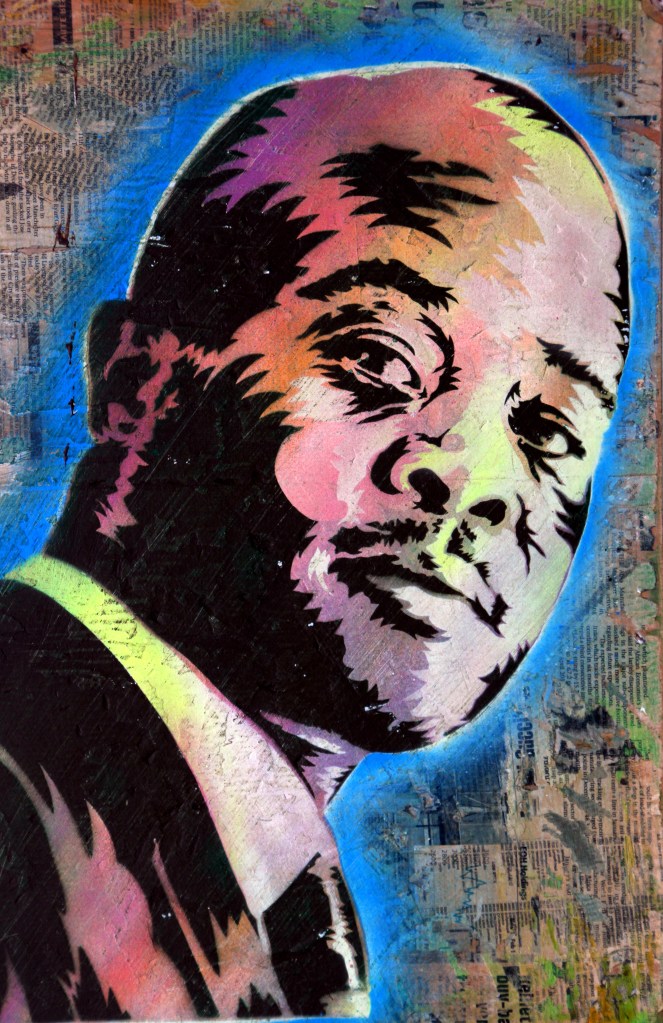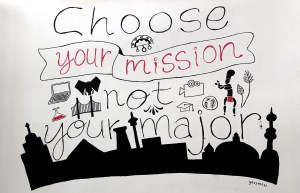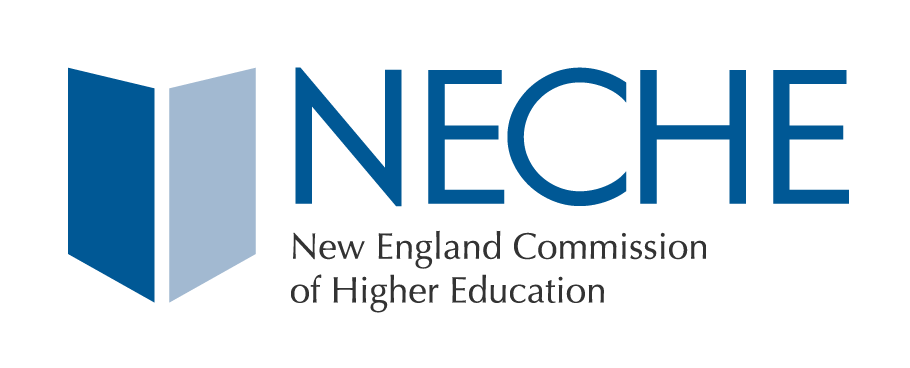
(If you haven’t read my last African Leadership University blog, please do that first.) As I shared there, African Leadership University in Rwanda and African Leadership College in Mauritius are both part of the same overarching educational institution — but each is clearly deserving of its own post. Together, they were established to build upon the success of the African Leadership Academy (ALA), a South African high school that was the brainchild of founders Fred Swaniker and Chris Bradford, and co-founders Peter Mombaur and Acha Leke.

Swaniker was born in Ghana and his mother was deeply involved in education. He and Chris Bradford met at Stanford’s Graduate School of Business and found they shared a keen concern about the state of the African continent, particularly its lack of effective and ethical leadership. The two began to develop the concept of a high school academy with a challenging curriculum that would cultivate principled, innovative leaders committed to staying in their home countries and effecting real change. They spent nine months working on a pilot curriculum: a rigorous academic program built around a core of compelling courses in Entrepreneurial Leadership and African Studies. The pilot was a resounding success and bolstered the team’s credibility with donors, feeder schools, and potential students and families. In 2006, Fred and Chris were named Echoing Green Fellows as two “leading emerging social entrepreneurs in the world” – selected from over 900 applicants worldwide to pursue their vision.

Two years later, the inaugural class was admitted to the brand-new ALA campus in Johannesburg, South Africa, which today remains the continent’s only pan-African high school, educating more than 1,465 students from 45 African countries. Swaniker went on to start the African Leadership Group, an ecosystem of organizations that are catalyzing a new era of ethical, entrepreneurial African leaders. In 2019, Time magazine recognized Swaniker as one of the “100 Most Influential People in the World” and Fast Company included the African Leadership Group in its 50 most innovative companies in the world.

With ALA’s success, many of its graduates were accepted at and enrolled in the most selective and prestigious universities in the world, particularly in Britain and the United States (the classic African brain drain). To counter that migration, Swaniker decided to create a truly pan-African university that would continue the leadership pathway through college. The business-friendly environment of Mauritius welcomed his ambitious endeavor.

I have to admit I knew very little about Mauritius before this trip, but it’s both a gorgeous tropical island 1,100 miles off the southeastern coast of Africa in the Indian Ocean, and a country with its own fascinating history.

Arab sailors were the first to discover the island around 975, followed in 1507 by Portuguese sailors, who avoided the treacherous waters and daunting isolation of the land. The Dutch took possession in 1598, clearcutting precious ebony trees and slaughtering native tortoises before being driven off in 1710 by cyclones, drought and pestilence. France took control of Mauritius from 1715 until 1810 and established sugarcane plantations (worked by thousands of imported slaves) until 1815 when the United Kingdom seized the island. In 1835, the British abolished slavery in Mauritius, replacing Africans with thousands of indentured servants from India and China to work the sugarcane fields, creating a true polyglot of cultures.
Today, Mauritius is the only country in Africa where Hinduism is the predominant religion, and Indo-Mauritians make up the bulk of the population– living alongside Creole, Sino-Mauritian, and Franco-Mauritian communities. Mauritius is the only country in Africa ranked “very high” on the Human Development Index and is widely considered one of the most competitive and developed economies on the continent. In 2019, Mauritius was also ranked the most peaceful African country on the Global Peace Index — and frankly, it’s hard to imagine a more beautiful, bucolic home for a college.

My extraordinary hosts for this visit were CEO Veda Sunassee and Quality Assurance Lead Vreeti Reetoo. As I’ve said before, the quality of leadership in any institute of higher education truly matters, and ALC is blessed with a cadre of impressive faculty and staff from across the globe.

The campus is located on the northern side of the island and will be part of what Mauritians call a “new city,” built on what was formerly a sugarcane field. The design is stunning: a series of interconnected buildings, all white as sand, combining residence halls and classrooms.

At the campus center is a beautiful multi-story dining center that serves as a gathering spot for students around the clock.





As in my visit to ALU, my favorite time on campus was spent with students. While there are no majors –only missions– on both campuses, engineering and business programs at ALC are the most popular.
The laws governing higher education in Mauritius require any new college to affiliate with an existing university for at least a decade before it can award degrees, so for the past eight years, ALC has affiliated with Glasgow Caledonian University; its accreditation comes from both Scotland and Mauritius. In another two years, ALC will begin the process of applying for independent status from Mauritius and as the NECHE process of accreditation continues, eventually all ALC and ALU degrees will be awarded by the same institution.


One of the things I love most about my job is engaging with leaders who are poised to transform higher education. In my former life as a university president, I met a number of talented and innovative leaders. As NECHE president (especially with our newly established national portfolio and rapidly growing global footprint), I’ve witnessed even more extraordinary men and women helping to lead this transformation. Certainly, I’d count my host, CEO Veda Sunassee, in that select group.
At a time when there’s so much to be concerned about across the globe, these opportunities give me hope for our future…and faith in the next generation.


